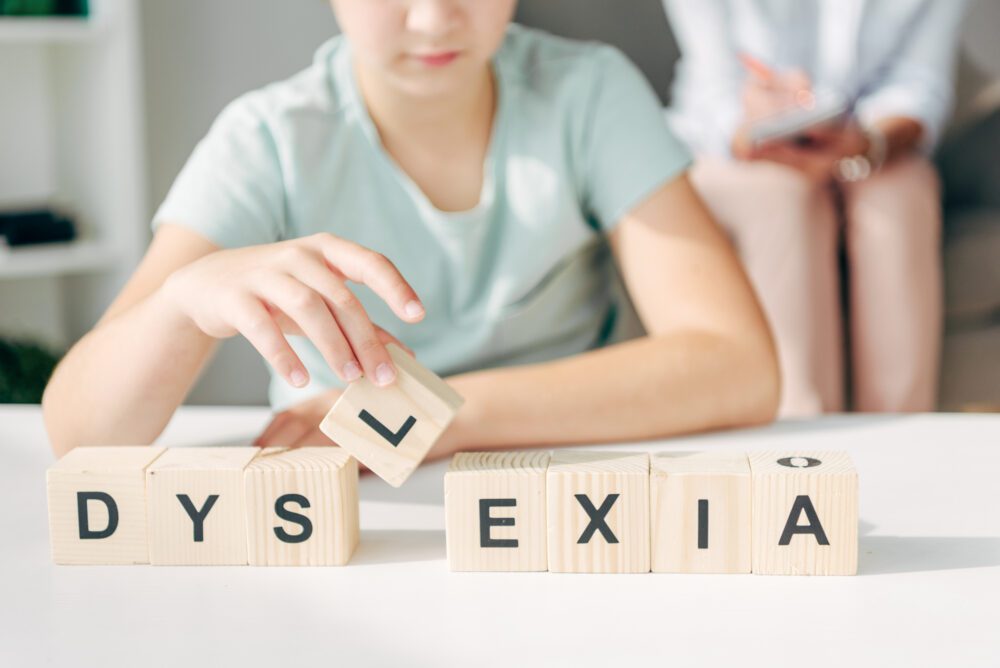Learning Issues & Motivation, Posts for Parents, Top Tips
Top Tips: Resources for supporting kids with dyslexia

With the help of our online community, we’ve compiled an extensive list of resources to help parents support children with dyslexia. First up, you may be interested in checking out our Parental As Anything podcast episode on How to support children with dyslexia.
Please note these resources are not personally endorsed/recommended by Maggie, but rather based on community recommendations from parents and educators and other members of Maggie’s social community. Also, we did edit this list slightly after running it past a dyslexia expert to ensure we were only including evidence-based approaches and programs here.
Dyslexia resources and what is useful for students/parents/schools – community recommendations
Organisations
Auspeld Understanding Learning Difficulties Guide for Parents
Auspeld also has a guide to which programs and approaches are supported by research and which are not. This is a good place to start before you make decisions about what to try.
Dyslexia SPELD Foundation Literacy and Clinical Services
Australian Dyslexia Association
Bookshare – Making reading easier for people with Dyslexia, and other reading barriers
Barton Spelling and Reading Program
Pop – Online Speach Therapy Anywhere
Square Peg Round Whole – Free 23 page handbook on ‘Supporting the Mental Health of Neurodivergent Students at School’, suitable for schools, teachers and families.
Social Media
Dyslexia Victoria Support – Facebook
Dyslexia Support Australia – Facebook
Code Read Dyslexia Network – Facebook
DSF Literacy Services (The Dyslexia Foundation of WA)
Specific Learning Difficulties Association of South Australia
SPELD Victoria – Dyslexia and Specific Learning Difficulties Support
Made by Dyslexia – YouTube Kiera Knightley Interview
Suggestions from Parents with Children with Dyslexia
- Best thing you can do if you suspect one of these conditions is to insist that your child is placed in specialised support classes for that subject as soon as possible (i.e. MiniLit, Letters and Sounds, targeted numeracy support) and ask the school to report on those interventions because you will need evidence.
- Early intervention , multi-lit and speld. Contact the school and ask for support. Audiobooks can be a great adjunct to print and ebooks.
Books
Fish In A Tree – by Lynda Mullaly Hunt
Image credit: ©️ by HayDmitriy / Deposit Photos




 Manage Membership
Manage Membership